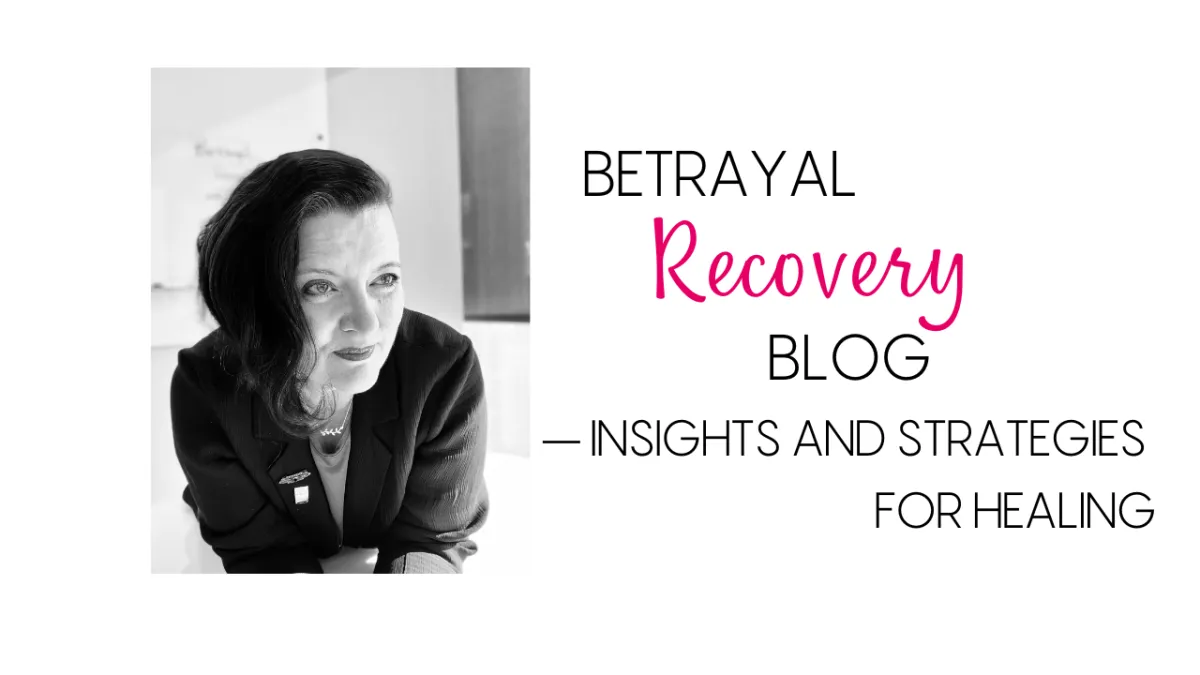
Expert Insights on Betrayal Recovery and Healing:
Blogs by Vanessa Cardenas
In-depth Articles on Healing, Communication, and Personal Growth.

Emotional Betrayal: The Silent Relationship Killer
By Vanessa Cardenas, Betrayal Recovery Specialist
Serving Westchester, NYC, and the Surrounding Region in person, worldwide via Zoom
Understanding the Quiet Destruction of Emotional Betrayal
While physical betrayal often gets the most attention, emotional betrayal can be equally, if not more, devastating. I’ve experienced the pain of betrayal firsthand, and let me tell you—emotional betrayal is the kind that slowly eats away at the foundation of trust, intimacy, and love in a relationship. It’s the silent killer of relationships, often hidden until the damage is already done.
What Is Emotional Betrayal?
Emotional betrayal occurs when one partner forms a deep, intimate connection with someone outside the relationship. In my own experience, the absence of physical infidelity didn’t lessen the ache of feeling emotionally abandoned. This kind of connection can lead to feelings of neglect, jealousy, and insecurity in the other partner. The emotional closeness shared with someone else can be just as intense—if not more—leaving the betrayed partner feeling hurt, lost, and questioning their place in the relationship.
The Signs of Emotional Betrayal
Recognizing emotional betrayal is challenging because it’s often subtle. Here are some signs that your relationship may be suffering from emotional betrayal—signs I wish I had known earlier in my own journey:
Increased Secrecy: Is your partner becoming more secretive about their texts, emails, or conversations? Have they developed an unusual relationship with their phone? This could be a sign that they're emotionally involved with someone else.
Emotional Distance: Has your partner become more distant, less communicative, or uninterested in spending time together? This withdrawal is often a key indicator of emotional betrayal.
Defensiveness: If your partner becomes overly defensive or dismissive when you express concerns, it could be a way to deflect from their emotional involvement with someone else.

The Impact of Emotional Betrayal
Emotional betrayal cuts deep. I’ve worked with many people who, like me, were left questioning their worth and the very foundation of their relationship after experiencing emotional betrayal. The feelings of rejection, loneliness, and mistrust linger long after the initial discovery. Unlike physical infidelity, emotional betrayal chips away at the core of what makes a relationship work—trust, connection, and emotional intimacy.
As Buddha wisely said, “The mind is everything. What you think, you become.” The thoughts of doubt and fear that follow emotional betrayal can take root deeply, affecting not just your relationship, but your sense of self-worth and emotional well-being.
How to Heal from Emotional Betrayal
Healing from emotional betrayal begins with acknowledgment and full ownership of actions, not excuses. Open and honest communication is essential—no healing can begin without it.
Both partners must be willing to rebuild trust and rekindle emotional intimacy, and sometimes, this requires the guidance of a therapist or counselor. In my own healing journey, seeking professional help was a turning point. It gave us the space to process the emotions we couldn’t navigate alone and laid the groundwork for rebuilding, or sometimes, deciding whether to move on.
Moving Forward Together—or Apart
Not all relationships survive emotional betrayal, and that’s okay. What’s important is to understand your needs and decide whether the relationship can be repaired or if it’s healthier to move on. Remember, emotional well-being should always be a priority, and you deserve a relationship built on trust and mutual respect.
Your emotional well-being should always come first. You deserve a relationship built on trust, respect, and mutual understanding. As Buddha said, “Peace comes from within. Do not seek it without.” Your peace, your emotional health, is the foundation for everything else in your life—including your relationships.
Final Thoughts
Emotional betrayal may be quiet, but its effects are deafening. I’ve walked this path both personally and alongside my clients, and I know how painful and confusing it can be. But by understanding and addressing this silent form of betrayal, you can take meaningful steps to protect your emotional health, whether that means healing within your current relationship or finding the strength to move forward on your own.
No matter where you are in your journey, know that you deserve honesty, connection, and trust—and it all starts with you and your relationship with yourself.
Next one: Forgiveness as a Healing Process: Healing the Pain of Betrayal and Rebuilding Bonds
Subscribe for More Insights:
If you found this article insightful and would like to receive similar content delivered directly to your email, please subscribe to our newsletter. Stay updated with the latest information, tips, and strategies for managing life's transitions. Don't miss out on valuable insights that can empower you to make the best decisions for your future. Join our community today, and let's navigate these challenges together. Subscribe now!



© Copyright 2017-2025. Understanding Ear LLC. All rights reserved.

